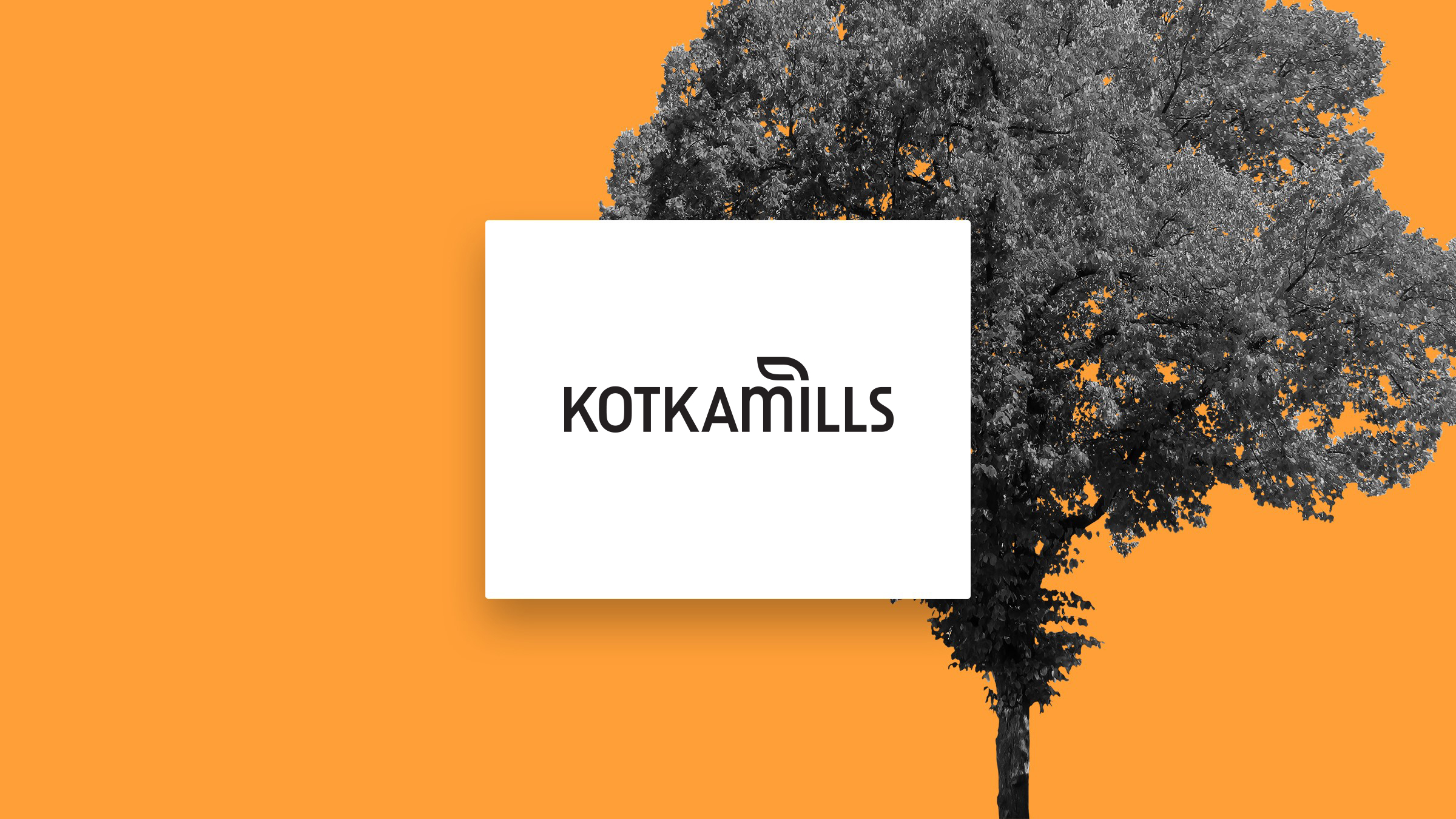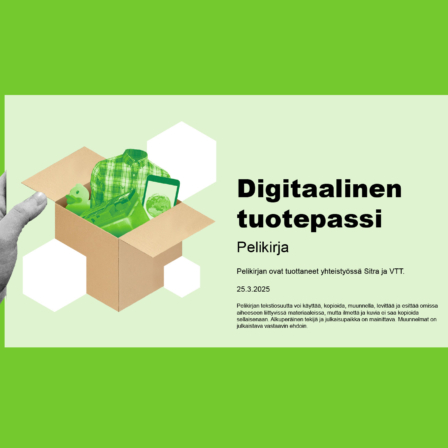Problem
Disposable paper cups and serving containers used by cafés and fast-food restaurants are difficult to recycle. In order to prevent leaks, containers are coated with a plastic film, which means that they are not recyclable or biodegradable. Although the recycling of packaging products coated with polyethylene plastic is technically possible, in practice it requires expensive specialist processing plants. For example, in the UK approximately 2.5 billion cups end up in waste each year.
Solution: easy-to-recycle, biodegradable paper cups and packaging
In the cardboard factory’s production process, water-based polymer dispersion is used to create a grease- and moisture-resistant barrier in cardboard containers. The barrier layer breaks down during recycling processes, which means that the fibres can be reused. The cardboard is also biodegradable in garden compost and in the natural environment. The solution helps to conserve natural resources by capturing valuable raw materials and reusing them.
Revenue logic and benefits to Kotkamills
The cardboard is sold to packaging manufacturers. Used containers provide raw material for new products, which is cheaper than virgin cellulose fibres. This cost-effective solution to a significant and, until now, unresolved problem provides a competitive advantage and supports growth. Demand for the product is highest among major café and fast-food chains, and they will be the first ones to receive the product. There are countless possible applications for the product. Operators such as airlines, event organisers and ski centres have also expressed interest in it.
Benefits to customers
Packaging and container manufacturers can sell their surplus cardboard material to paper and card manufacturers to be used instead of virgin fibres. Restaurant chains can save on waste charges, as the containers are recyclable. Environmentally friendly packaging offers image and brand benefits.


















Recommended
Have some more.